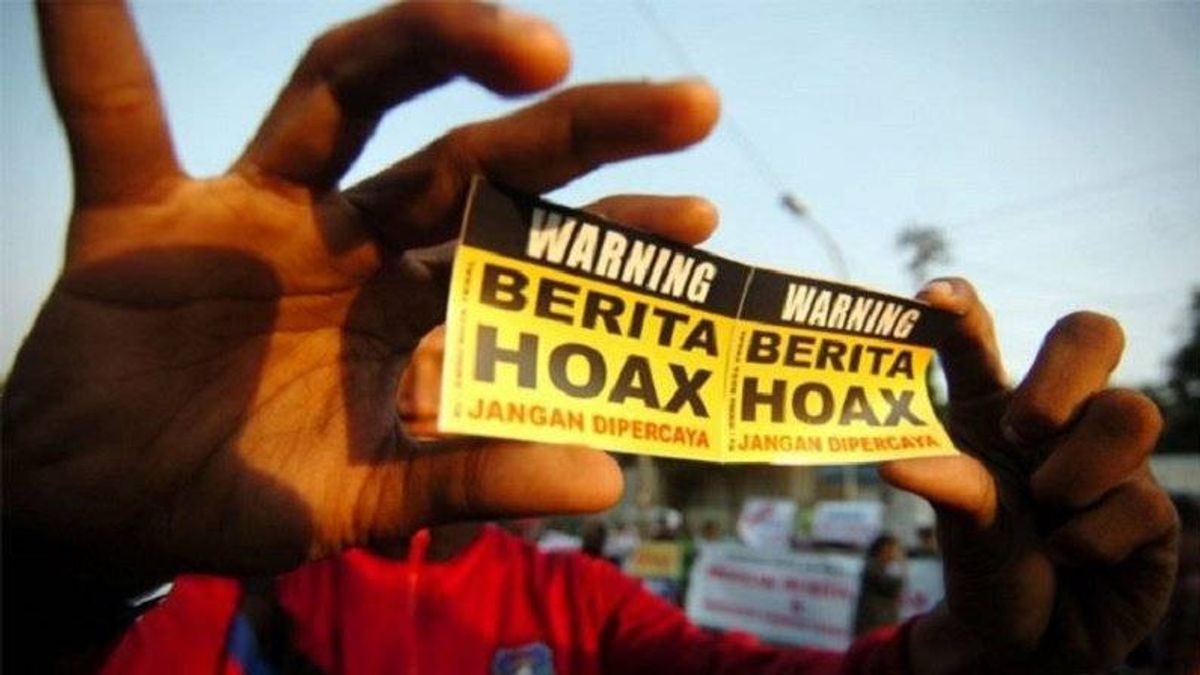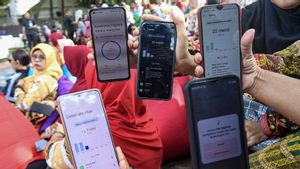JAKARTA - Member of the House of Representatives Commission I Bobby Adhityo Rizaldi invites the public to filter out hoaxes or fake news that are widely circulated on social media or digital communication platforms.
This was said by Bobby when he was a resource person in a webinar chatting with legislators entitled "Becoming a Fighter Netizen, Together Against Hoaks."
"We invite all of you to be netizens who fight together against hoaxes," said Bobby in Jakarta, Monday, April 4.
To become a fighter against hoaxes, Bobby said that people should understand the characteristics, types, and steps to check fake news.
In the webinar, which was held in collaboration with the Ministry of Communication and Information (Kominfo) of the Republic of Indonesia and Commission I of the DPR RI, he explained four characteristics of hoaxes.
First, Bobby said that hoaxes tend to be distributed via electronic mail (e-mail) because they are believed by the spreader to have an effect in the form of a bigger response from the public.
Second, he continued, hoaxes contain messages that make readers anxious and panicked. Third, the hoax ends with an appeal for readers to spread the false information to a wider forum.
"Finally, the identity of the original sender of this hoax is usually unknown," said Bobby.
Then, he also explained the types of hoaxes. According to him, hoaxes consist of various types, ranging from fake news (fake news), trap links or clickbait (clickbait), confirmation bias, misinformation or misinformation, satirical news, post-truth news, and propaganda.
The three steps that can be taken to check the truth of the news received by the public are first, if the hoax is accompanied by an image, they can upload the image in the Google search column.
Thus, Bobby said, the origin of the image can be known so that the truth of the news can be found. Second, if the hoax is accompanied by a web address, the public needs to identify the owner of the site on the about us (about us) page.
Then lastly, if people receive news from WhatsApp, Bobby said that they need to ask the sender where the news came from. "If the answer comes from a friend or group next door, beware it's a hoax," he said.
The English, Chinese, Japanese, Arabic, and French versions are automatically generated by the AI. So there may still be inaccuracies in translating, please always see Indonesian as our main language. (system supported by DigitalSiber.id)









